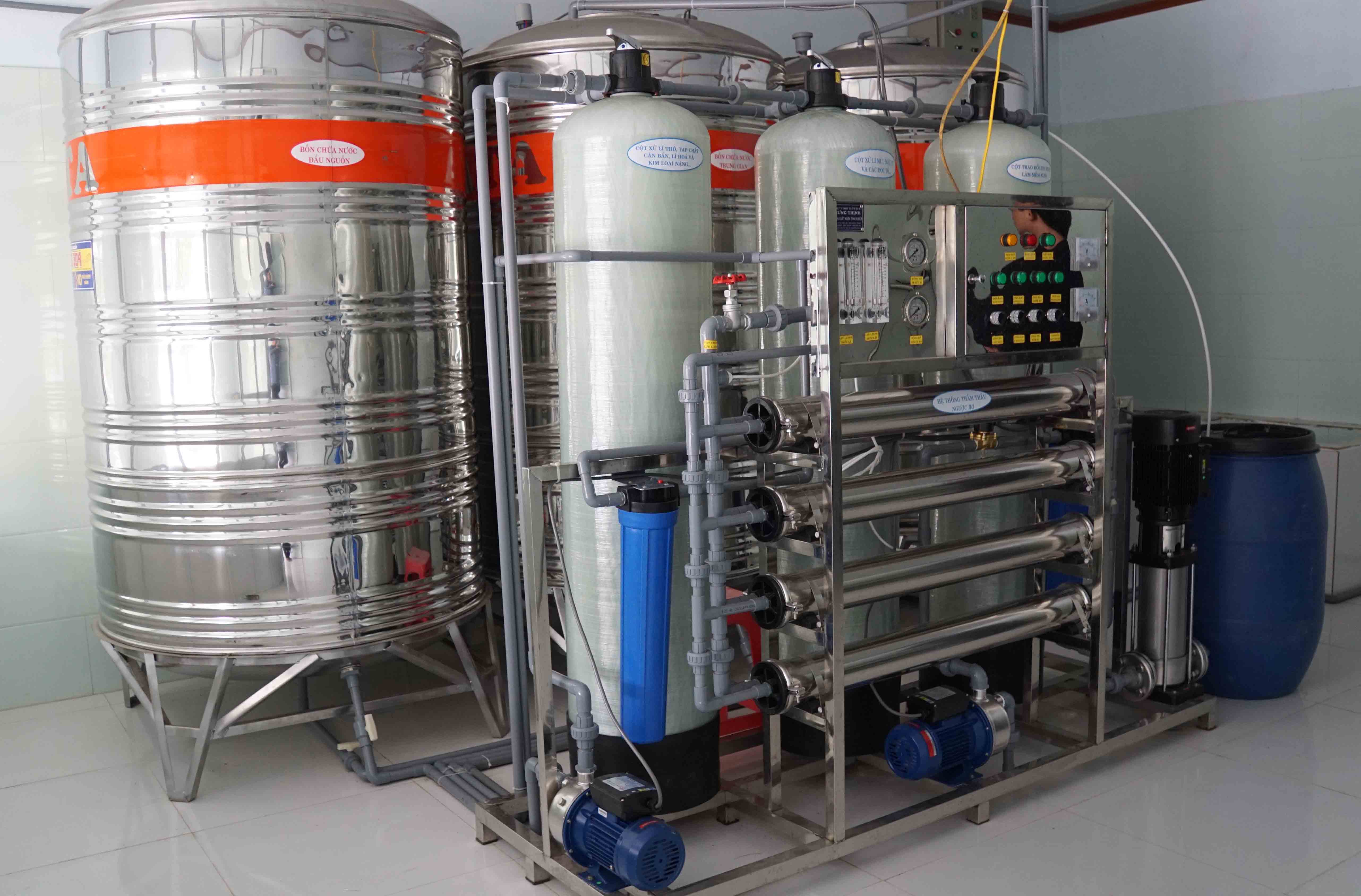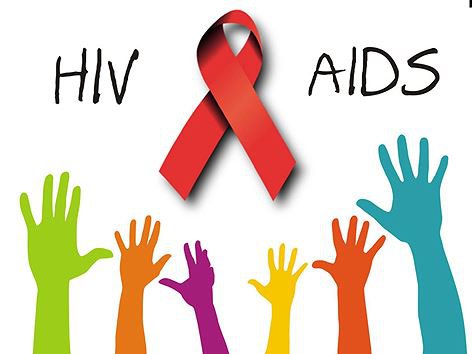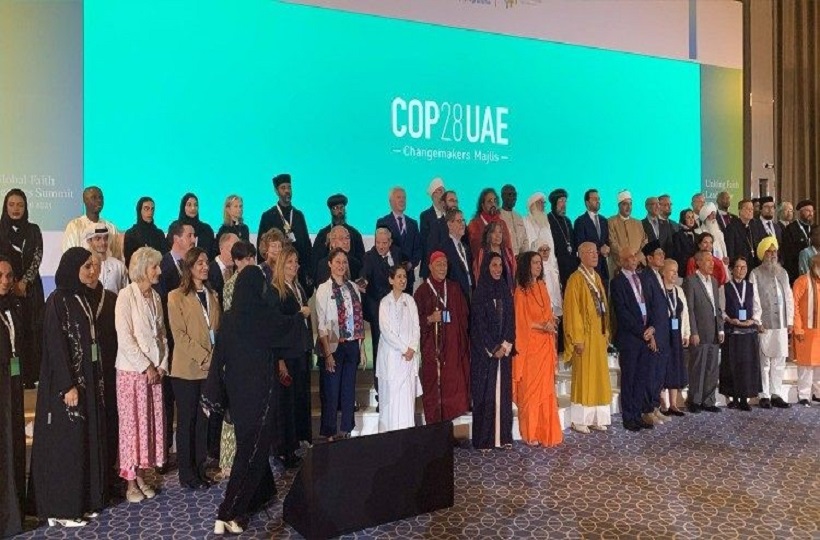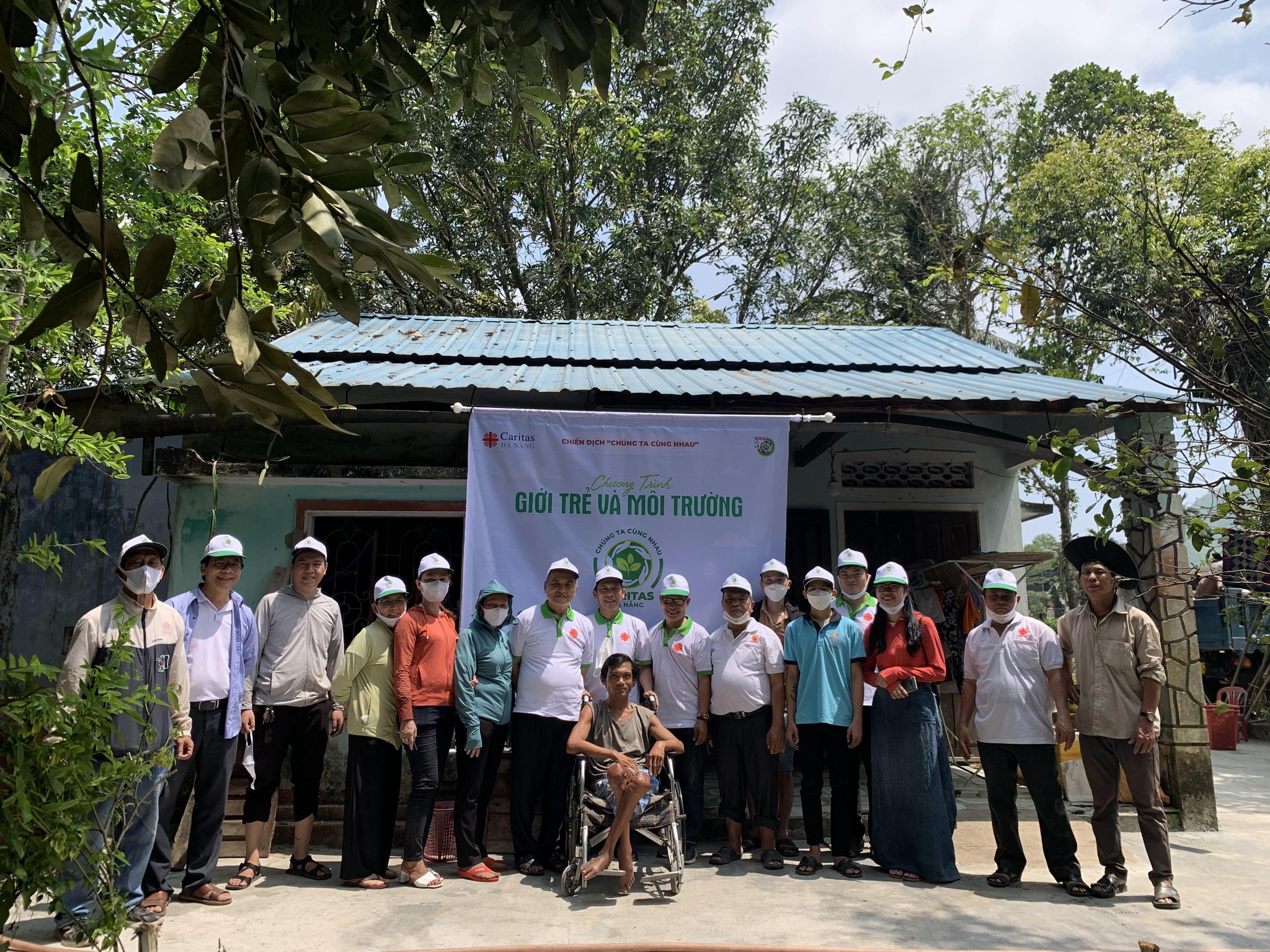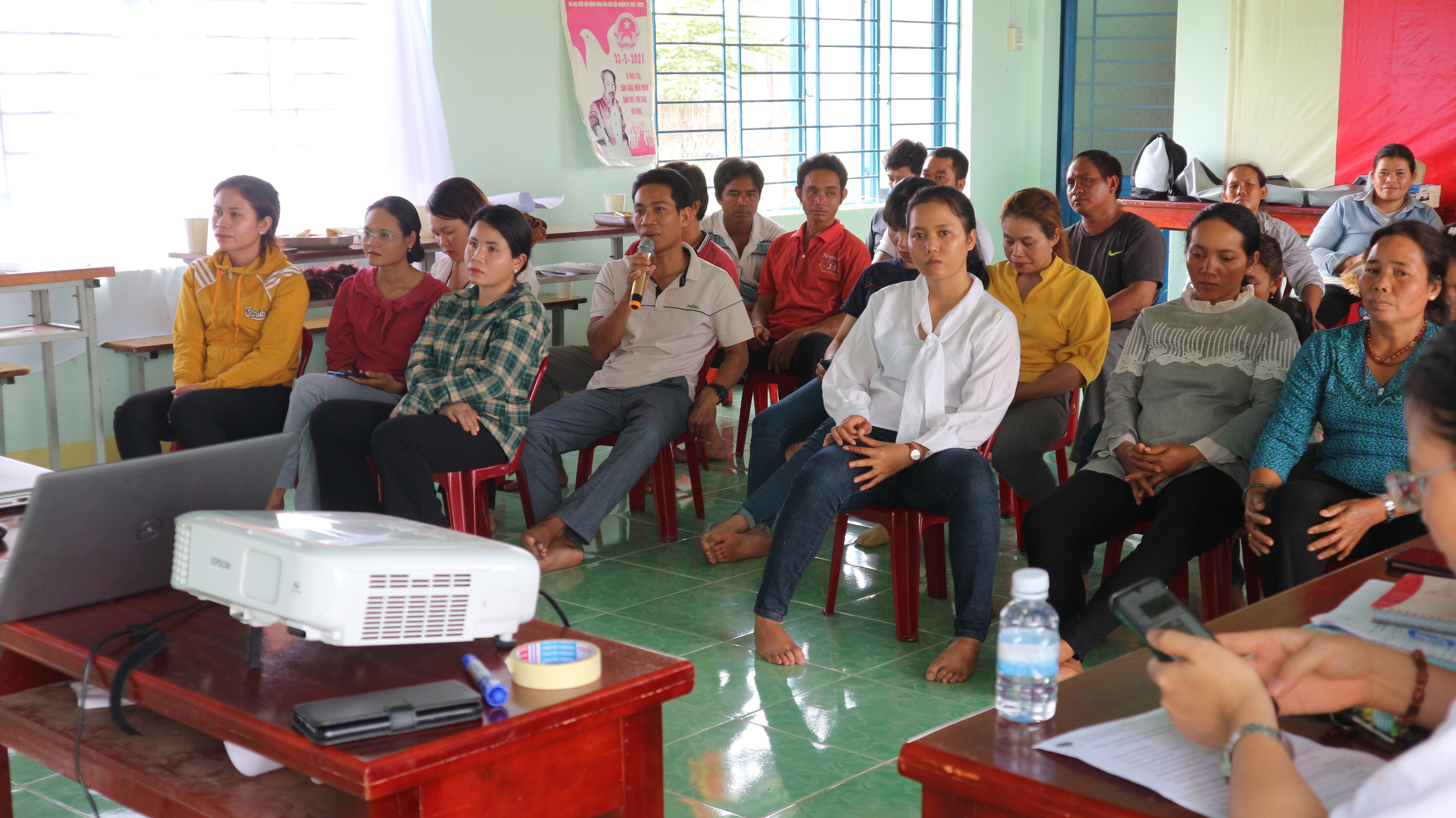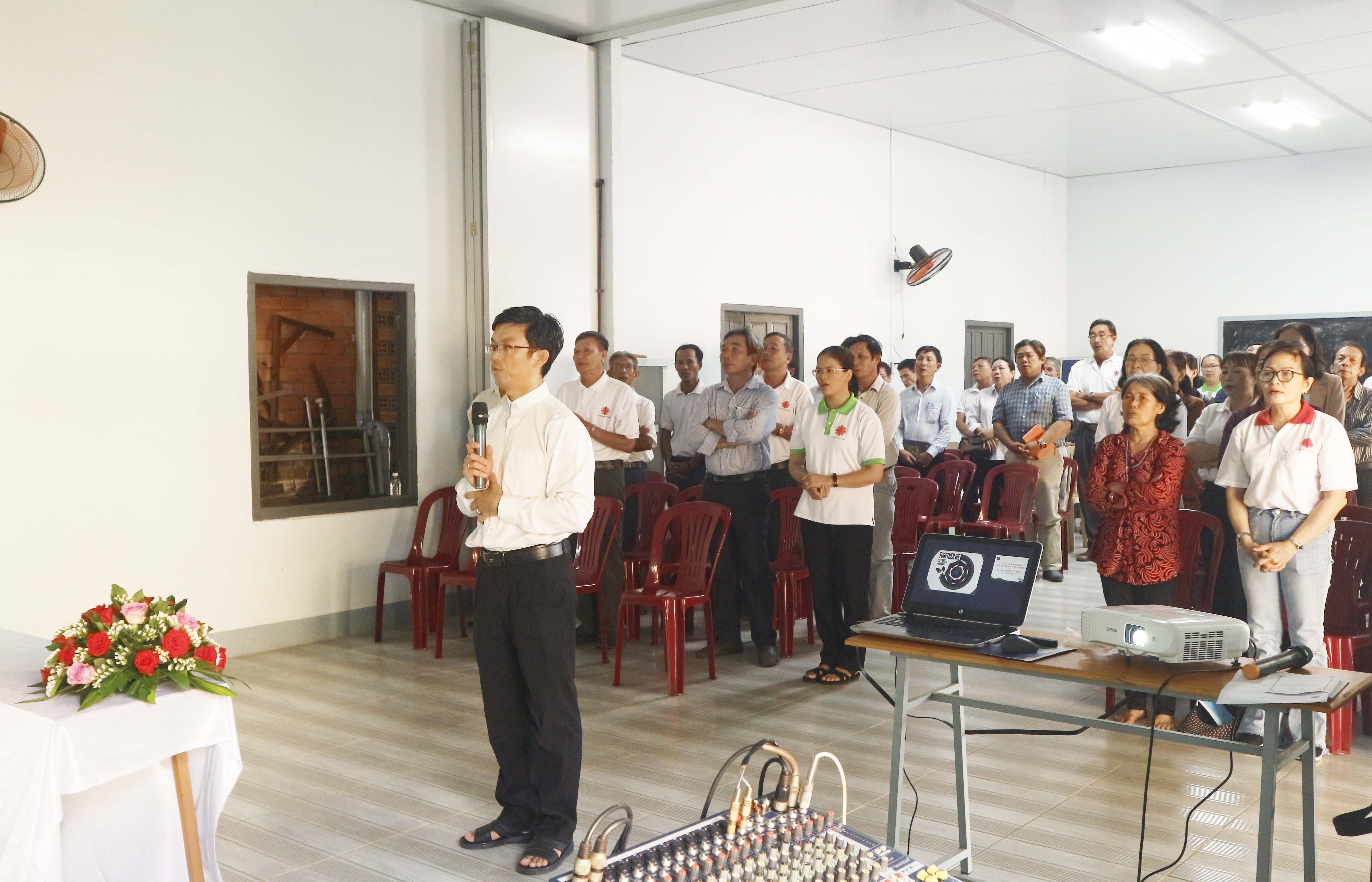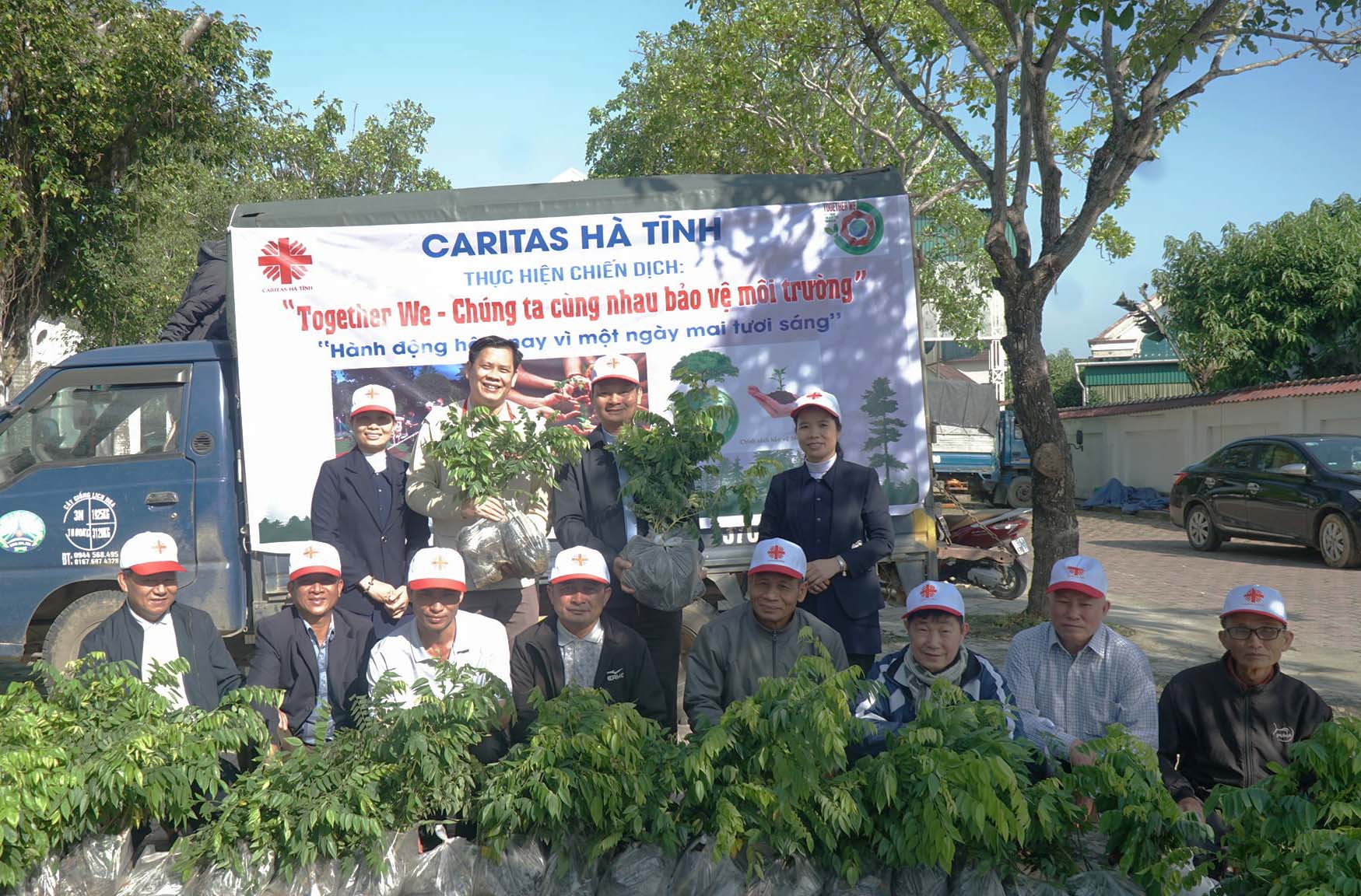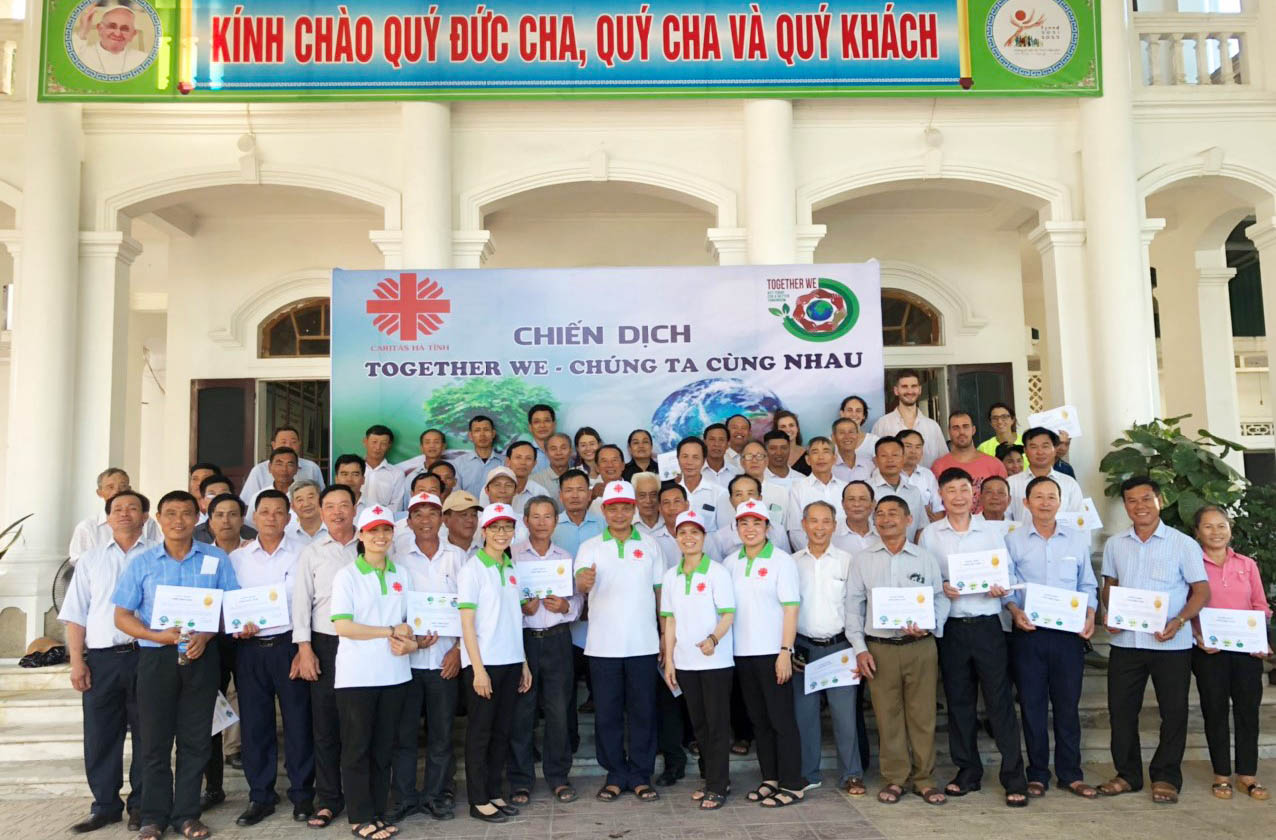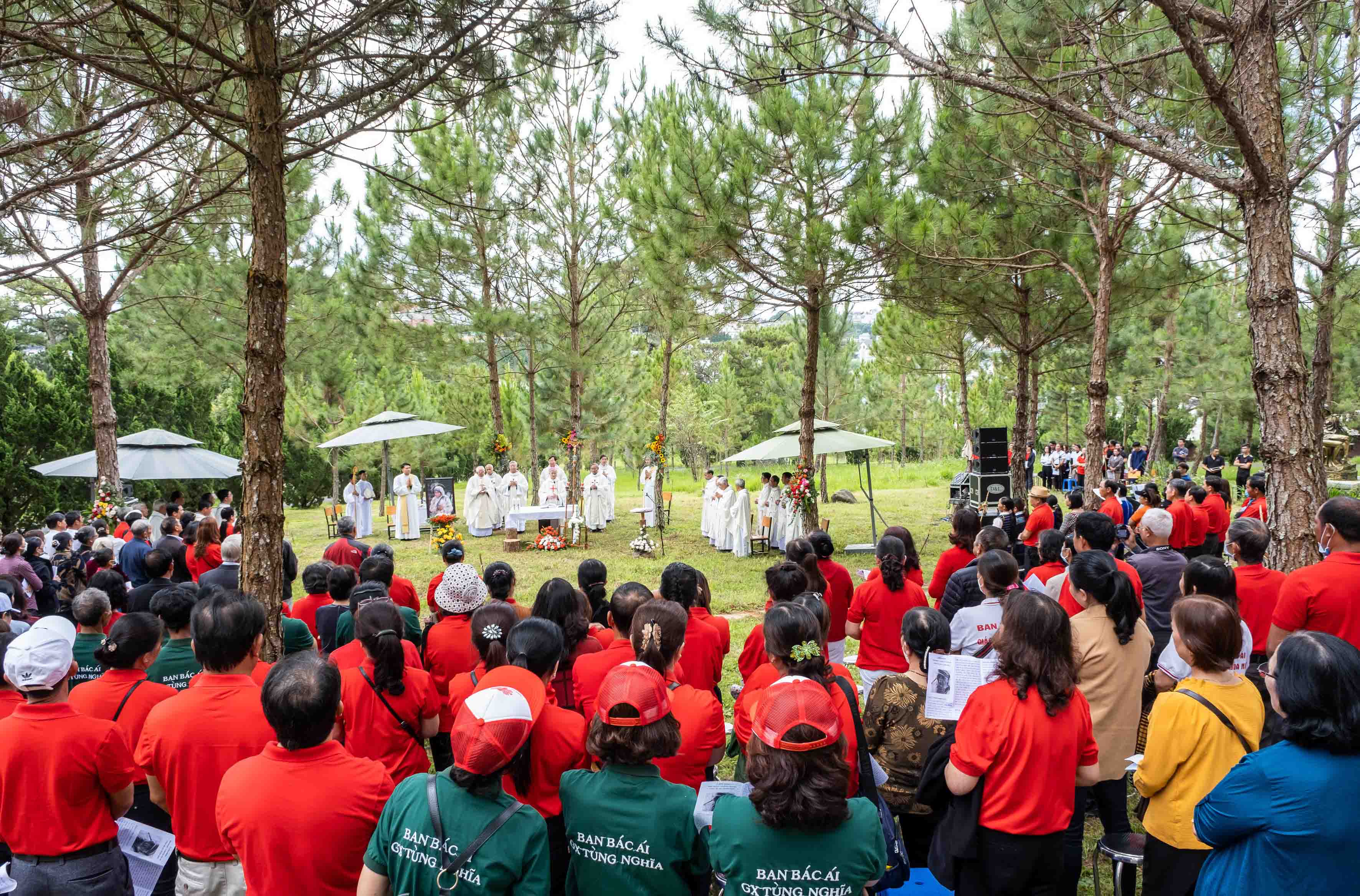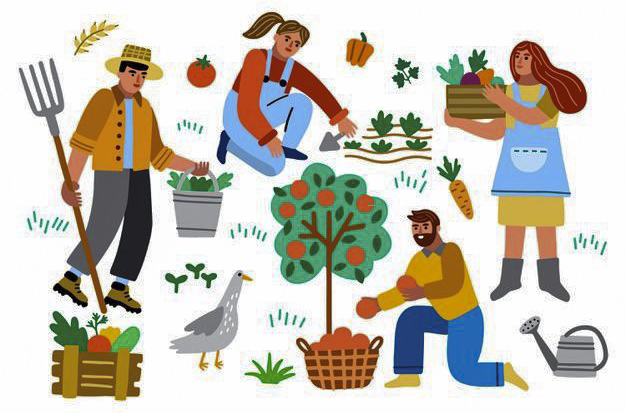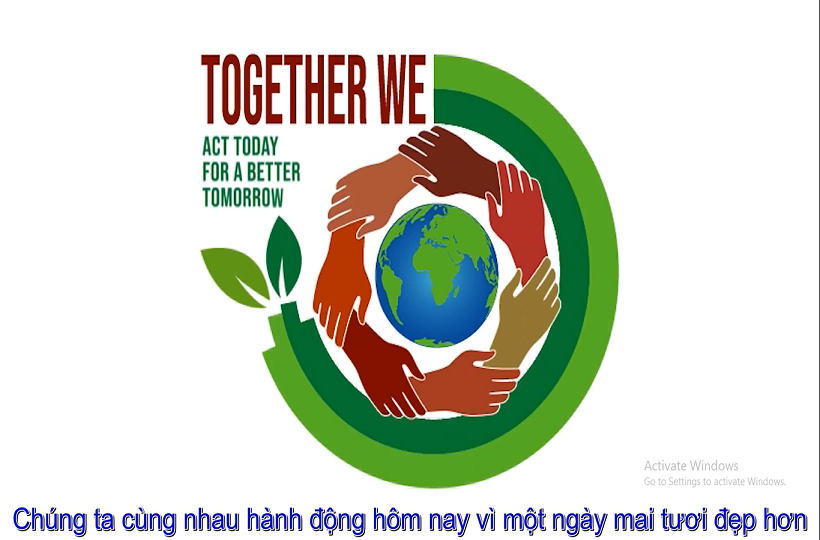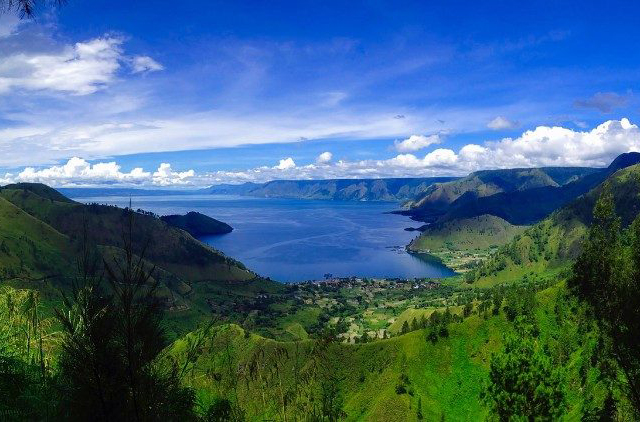Environmental protection
Caritas Da Lat: listening to the Earth's cry and the cry of the poor
On the afternoon of April 11, 2021, the Ma Đanh-Katip community met with Caritas Dalat for a session of “Participatory Action Research.” In this session, the community examined the situation of the village in rich detail and worked together to outline steps for the future. Ms. Song Tu of Caritas Da Lat gave a presention on the status of the village. She discussed the local economy, which is founded on monoculture coffee gardens grown on sloping land. She then outlined some problems, including the use of chemical fertilizers and herbicide sprays, which contribute to soil degradation and erosion, and the increasing burden of debt weighing on farmers, primarily from raising costs of materials and decreasing yields and prices.
With the help of Caritas, the community laid out a vision for its future which is in keeping with the theme of "listening to the cry of the earth and the cry of the poor." Some elements of this vision include sustainable agricultural models firmly rooted in the harmonious balance between crops, livestock and fish ponds, and a healthy division between subsistance and commercial farming. Other aspects of ecologically sound farming are increasing the composting of manure with plant residues to improve the soil, stopping the use of herbicides in coffee plantations, reducing chemical fertilizers and pesticides for rice, nurturing the grass cover in areas that are not being farmed, and rotating crops. Finally, the community reaffirmed the importance of preserving and transmiting the traditional culture of the Churu to future generations, for example through the weekly activities of the community entertainment group.
After that, villagers presented the difficulties and challenges they were facing, and then started to prioritize the issues using the ‘seeding method.’ Each person was given three beans to vote for the three problems which they found most important. Of the ten problems presented, the three which received the most votes were then analyzed in depth using the problem tree tool. These three issues were: 1) farmers lack production techniques; 2) deteriorating health conditions in the community and 3) the high up-front costs of agricultural production. After discussing the root causes of these problems, the participants proposed immediate and relistic solutions to be implemented both at the level of individual households and also as a community.
In the end, villagers showed their determination to make a difference by placing their names on individual solutions which they commit to. This was the step in the process that represents the collective Ma Đanh-Katip community holding hands together to choose the development path for their own community. The solutions themselves were not complicated or unfamiliar, but they are easier maintain if done together. Choices such as, rotating crops, growing clean fruits and vegetables, reducing chemical use, and joining the village music group. In this way, with a collective spirit channeled by the enthusiasm of the executive board, the community will motivate each other to continue to develop together. They are choosing the path of building a better community, a dynamic community capable of changing with the times while still preserving and developing the traditional culture its ancestors.
Mother Khuyr confided: "when I read the text on the 2021 Caritas Dalat calendar 'Listening to the earth's cry and the cry of the poor,' I felt like crying.” Now someone is listening to your voice. “These activities are also helping Caritas and the people to listen more empathetically and then to act in response to the cry together. Save the earth and listen to the cry of the poor.
This workshop is the end of a series of action research seminars that Caritas Da Lat has conducted with the Ma Đanh-Katip community since March 7th. The process includes many different tools for people to analyze the overarching situation of their community and the problems they are facing. From there, they have a desire to change for the better and make a concrete plan to do so. The technical, environmental, economic, and socio-cultural dimensions of the community are analyzed using the timeline tool. Other information is compiled from tools for food source analysis, village maps, seasonal calendars and household revenues and expenditures.
Participatory Action Research sessions such as this one are the heart of the Tu Dan Development program being implemented by Caritas Da Lat in ethnic minority communities. Caritas Dalat developed this approach with the assistance of APEX, The Asian People’s Exchange for Food Sovereignty and Agro-ecology. APEX is a two-year program, which started in September, 2020.
The List of Contributions Received by Caritas Vietnam
1. The list of 2024 contributions to the Caritas Vietnam general charity fund
2. The list of 2023 contributions to the Caritas Vietnam general charity fund
Latest project information
Copyright © 2018 by COMMISSION on CHARITY and SOCIAL ACTIONS - CARITAS VIETNAM
Total visits: 25,055,295



